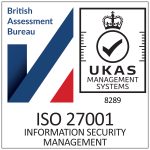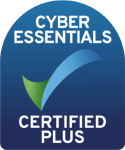Everything you need to know about SSL Certificates and HTTPS
What is an SSL Certificate?
An SSL (Secure Socket Layer) Certificate is a digital certificate that provides authentication for a website. SSL certificates create trust with users by verifying that websites are secure and legitimate. These digital credentials are small data files that activate the padlock icon and https protocol:

In a nutshell, SSL Certificates allow secure connections from a web server to a browser. By ensuring that all data passed between the two parties remains private and secure, SSL encryption can help to prevent hackers from stealing private information – such as credit card numbers, bank information, names, and addresses.
What is the difference between HTTP and HTTPS?
The ‘S’ in HTTPS stands for ‘secure’ and means that whatever website you are browsing has a valid SSL Certificate installed. When you send sensitive information over an HTTPS connection, no one can eavesdrop on it in transit. HTTPS is what makes secure online banking and shopping possible, and is now used across the web. HTTPS was originally intended for passwords, payments, and other sensitive data, but the entire web is now moving towards it.
How do SSL Certificates work?
Think of the process of SSL Authentication as like going through airport security with your passport:
- You type in a website address, and a connection gets requested between a browser/server and the website.
- The web server sends a copy of its SSL Certificate
- The browser or server will scan the SSL to see if it is trustworthy – once it is deemed valid, it sends a message to the webserver
- The web server sends back a digitally signed acknowledgment to start an SSL encrypted session.
- Secure data is then shared, and you are able to browse the website.

Are SSL Certificates necessary?
An SSL Certificate is a legitimising credential that proves to users and Search Engines that you are who you say you are. In a world where our data is more valuable than ever, the necessity of SSL Certificates is becoming more and more prevalent. An SSL certificate is more than a little padlock on your web URL, it is an encryption key that helps to protect the connection between a website and its users. When installed correctly, all information passing to and from the website will be encoded, so if anyone – ie a hacker or cyber-attacker – “eavesdrops” on the conversation, they won’t be able to make any sense of the information.
Pros and Cons of SSL Certificates:
| PROS | CONS |
| Trust: SSL Certificates legitimises your business. That builds trust with potential clients. Customers find it easier to divulge payment information and personal details when the website is encrypted and immune to security threats. |
Cost: You can get a free SSL certificate, but this isn’t recommended for business websites. Any business would need to invest if they were to get an SSL Certificate. |
| SEO Benefits: Google has confirmed that having an SSL Certificate will improve your site rankings. |
Technical Expertise Needed: Applying the HTTPS tag across all web pages is not easy and requires expertise. |
| Data security: Even if you don’t have an eCommerce site, contact details such as email addresses, names, and phone numbers are sensitive and precious information. SSL Certificates ensure that data is protected. |
Marketing Updates: You will need to update all your paid social, Google, and email marketing campaign landing pages to include the HTTPS URL. |
| Website Security: Website data will be safe from third-party hacking or interception. The connections to and fro from the web browser to the server will remain intact. |
Site Speed: Due to the extra authentication step required, SSL certificates can make websites take a bit longer to load. |
Where can I get an SSL Certificate?
ITCS provide SSL Certificates for web clients. We have the technical expertise to install them correctly and ensure you have no downtime. Paid SSL certificates can help accelerate conversion rates on websites and also provide protection for yourself and its users. We are currently offering 12 months SSL Certification, with installation and setup, for just £39.50. Get in touch today to secure your website and start building trust with your clients.






 CLOSE
CLOSE











